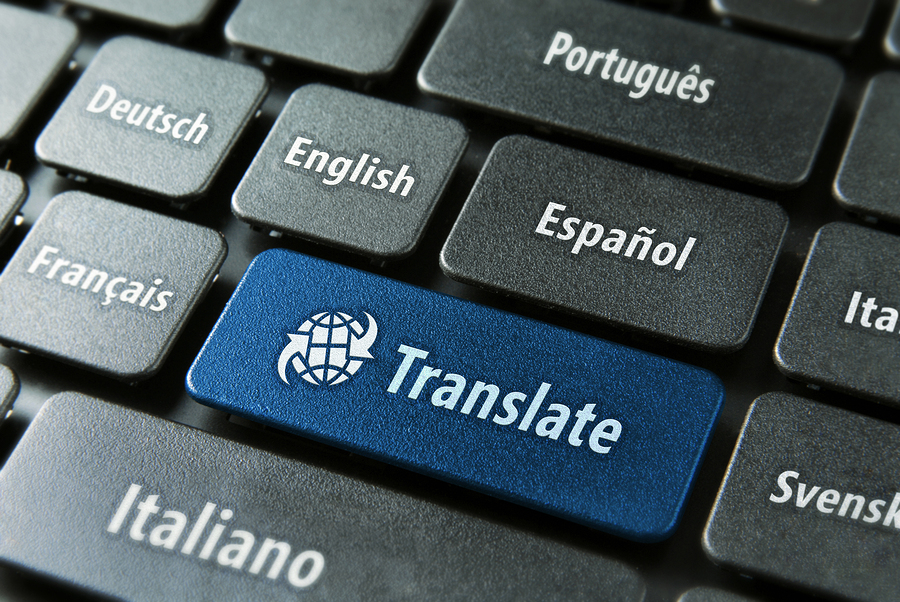There are many words in English that are used in other languages but they do not have quite the same meanings. There is a special term given for these words and that is false friends.
Examples of false friends
- The word angel in English means a winged supernatural being, but in German, the word means ‘fishing rod’, and in Dutch, ‘sting’.
- Bank in English is the place where the money is kept safe, or ‘to bank on’ means a trustworthy person. It also means the sloping edge of a river. However, in Dutch, the word bank means ‘to cough’.
- A standalone structure on a farm in English is a barn, while in Dutch it is children.
- Bat in English means a bat used when hitting a ball or a flying mammal.
- The English word ‘beer’ in Dutch means a bear.
- ‘Big’ in Dutch means a baby pig.
- Car in English means because in French.
- A chariot is a horse-drawn structure or carriage, but it means a ‘trolley’ in French
- The English use the word chips but crisps are the French word.
- The English word donkey is burroin Spanish but butter in Italian,
- The English word ‘gift’ in English in German means poison but in Swedish it means married!
- Home in English is the place where one lives, it means in Finnish mould while it means man in Catalan.
- Panna in English and Italian is cream, but in Finnish means put. In Polish, the word is used to mean a single woman.
- Frog is ranain Spanish but in Bulgarian and Romanian means ‘wound’.
- Sugar is anything that is sweet, but in Romania, the word is used for a 0-12-month-old baby. Basque speakers use it to mean ‘flame’.
- The fish ‘tuna’ is used by the Japanese in sashimi, but the term in Spanish means cactus or ton in Czech.
- Fart means expelling intestinal gas, but it means good luck in Polish and speed in Swedish.
- In Icelandic kakais cake, but in Bulgarian, it is an older sister. The word ‘kind’ in German means ‘child’ in English but in Icelandic, it means ‘sheep’.
- In English, ‘privet’ refers to an evergreen shrub often used as a border to a garden, but in Russian means ‘hello’.
- Watercress is berrosin Spanish, but in Portuguese, the word means ‘scream’.
- In English, ‘but; is a conjunction, but in Polish, it means ‘shoe’.
- A door is a structure that can be opened to get inside a room but in Dutch, it means ‘through’.
- Fast means almost in German while the elf is number eleven.
- When is Spain, the word for long is largo, but it means ‘wide’ in Portuguese?
- Pasta Italian is noodles, but in Polish it is toothpaste.
- Pig in Spanish is gris, but gris means ‘grey’ in Swedish.
- In English, ‘glass’ is hard, shiny and brittle, but it is sweet, soft, cold and gooey ice cream in Sweden.
- Velameans sail in Italian, but ‘candle’ in Spanish.
- The number 6 is seisin Spanish but seisin in Finnish means ‘stop’.
- Gray means the large, blue sky in Swedish,
- Roofmeans robbery in Dutch.
- When a Swedish person says kiss it means ‘pee’, not a movement of the lips.
- The trombone is usually a musical instrument in English, but it is a paper clip in French.
- In German awesome means hammer.
Using the wrong words can offend
Anyone who loves to travel should make sure that the correct meanings for words should be checked if they look and sound English otherwise the wrong usage could offend. You may even find some different meanings if you travel to close countries like Wales. For example, the word ‘moron’ heard in a market is probably referring to carrots.
The word ‘won’
In English, you may feel quite excited if you have been told you have won a prize. In South Korea, the same word is given to the country’s currency! In Poland, a won house is one that smells nice, but in Russian, it means ‘a nasty smell’.
Conclusion
Languages certainly share similar spellings even if the meanings are different. If you need to get some documents translated this is when you have to choose a highly experienced translator who will understand how colloquialisms, figurative speech and idioms are used in the two languages. This means no misunderstanding will occur if words in another language look like English words but in fact have a totally different meaning. You may make that mistake but an experienced translator will not.




